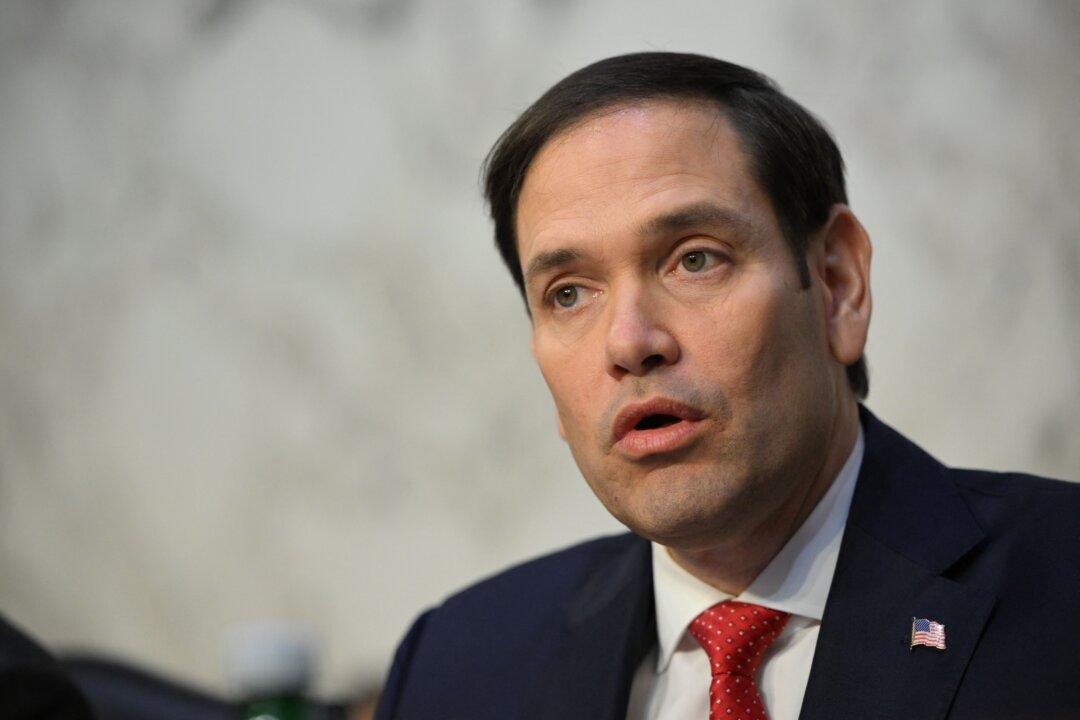Artificial Intelligence (AI) is likely to destroy great swaths of white-collar jobs and create societal instability, said Sen. Marco Rubio (R-Fla.) after receiving a briefing on AI from intelligence officials.
Mr. Rubio, who was present when the officials briefed senators on the dangers of AI earlier this week, said that American regulations would not prevent the mass adoption of AI or many of its negative effects due to the global nature of technological development.




